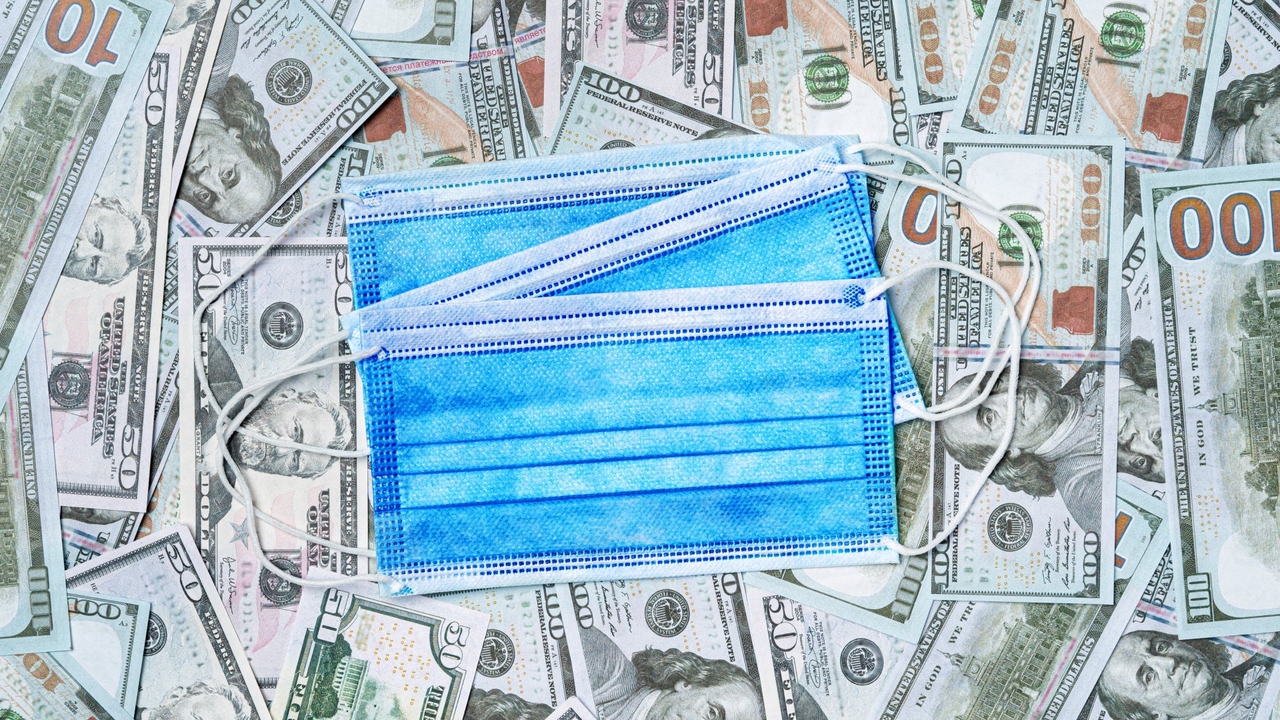Oregon Restaurant Owner Pleads Guilty to Laundering COVID Relief Funds

In a cautionary tale for small business owners, Bryan Ochoa Diaz, the proprietor of Casa Colima in Vancouver, Oregon, has pleaded guilty to money laundering related to a COVID-19 relief loan from the U.S. Small Business Administration (SBA). This case underscores the importance of adhering strictly to the terms of such loans and serves as a warning against misuse of federal funds designated for recovery.
The case, which was investigated by multiple federal agencies including the SBA Office of Inspector General, involved a loan of $350,000 that was to be used exclusively as working capital to mitigate economic injuries linked to the pandemic. Instead, shortly after receiving the funds, Ochoa Diaz transferred $100,000 into his parents’ personal bank account, which he subsequently funneled toward their mortgage payments.
For small business owners, the implications of this case are significant. As businesses strive to recover from the economic impacts of the pandemic, there are various government-backed loans available, but these come with stringent requirements. As noted in the press release, the terms explicitly state that funds should not be used for personal, family, or household purposes, reinforcing the necessity for owners to understand and comply with the stipulations tied to such financial assistance.
“The requirements for financial aid are important for the integrity of the program,” said an SBA spokesperson. “Misusing funds can lead to severe repercussions, including criminal charges.” This reinforces the sentiment that small business owners need to approach any financial assistance with care, given the heightened scrutiny that comes with federal funds.
Ochoa Diaz’s actions lead to serious legal consequences, including a maximum sentence of 10 years in prison and a $250,000 fine. He is scheduled for sentencing on December 15, 2025, and has already paid full restitution to the SBA—a stark reminder that the consequences of financial misconduct can extend well beyond mere repayments.
The case also highlights a critical avenue for reporting fraud. The Justice Department has made it clear that they are actively investigating any potential misuse of COVID-19 relief funds. Small business owners should be aware that allegations can be reported through the National Center for Disaster Fraud hotline (866-720-5721) or the NCDF Web Complaint Form: NCDF Complaint Form.
For small business owners navigating the post-pandemic landscape, it is crucial to focus on compliance with loan stipulations to secure the aid that many companies desperately need. Beyond potential criminal penalties, improper use of funds can severely damage a business’s reputation and relationships with lenders and community stakeholders.
In navigating financial aid options, owners must ensure that every dollar is utilized according to federal guidelines, preserving the integrity of their business and supporting broader economic recovery. As many small businesses continue to grapple with the impacts of the pandemic, understanding how to ethically and effectively leverage financial support is more critical than ever.
For more information on the case and ongoing loan compliance expectations, you can refer to the original press release from the SBA here. More in: Small Business Administration News
Small BusinessTrends





